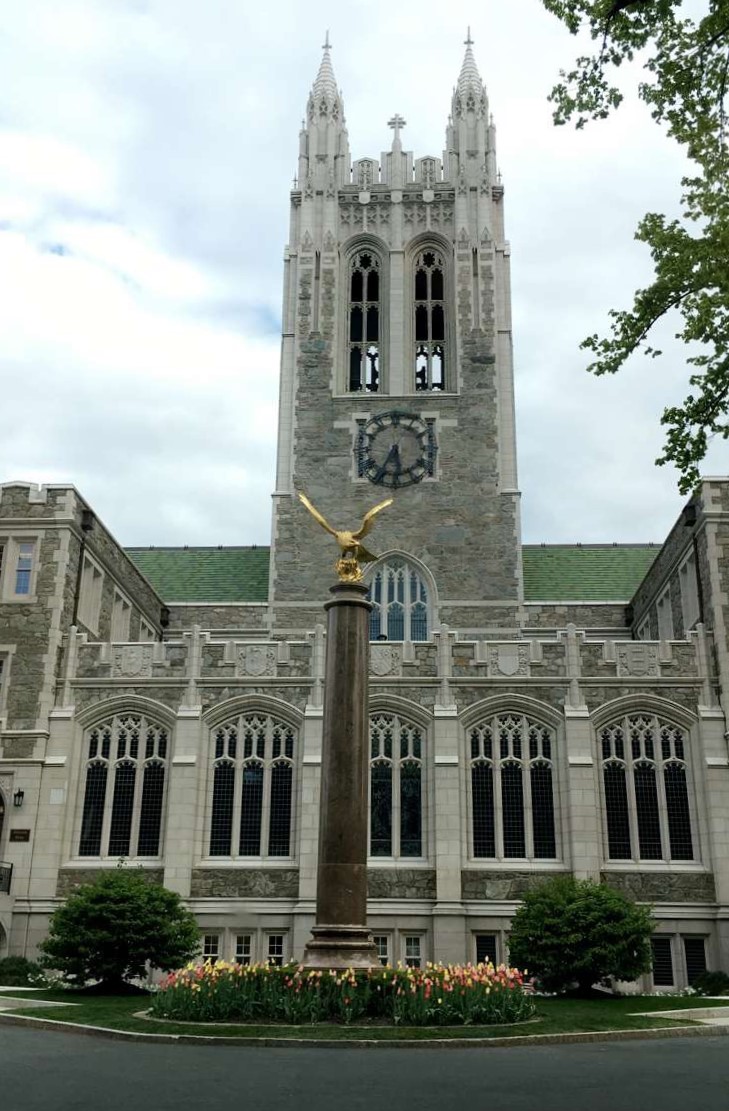New Title IX Regulations Require Schools to Allow Expert Witnesses in Disciplinary Proceedings
 The new Title IX regulations that were released yesterday impose detailed requirements schools must follow to address complaints of sexual harassment, including sexual assault. Until now, under Title IX schools were left to their own devices to develop grievance procedures, the only regulatory requirement was that those procedures be “prompt and equitable.” In recent years schools’ processes for assessing complaints of sexual harassment have been the source of increasing litigation, as students who feel the disciplinary process was unfair sue their schools for violations of Title IX or state law.
The new Title IX regulations that were released yesterday impose detailed requirements schools must follow to address complaints of sexual harassment, including sexual assault. Until now, under Title IX schools were left to their own devices to develop grievance procedures, the only regulatory requirement was that those procedures be “prompt and equitable.” In recent years schools’ processes for assessing complaints of sexual harassment have been the source of increasing litigation, as students who feel the disciplinary process was unfair sue their schools for violations of Title IX or state law.
As we have previously discussed on this blog, a number of courts have wrestled with what makes a school disciplinary procedure fair enough (generally addressing this question under state laws that require something like fundamental fairness in these processes.) Some courts have noted that the impairment of a student’s right to present evidence is a factor that could lead a school process to be found fundamentally unfair. In my experience, representing students in Title IX cases across the country, school policies have varied widely in terms of what evidence they will permit. While some schools have allowed students to present expert witness testimony or reports, others exclude such evidence. Some schools allow their investigators to seek out information from their own “expert” witnesses (often members of the school’s health services center), while others restrict investigations to fact evidence. Some schools allow students to submit the results of polygraph tests, others exclude that evidence.
 Boston Lawyer Blog
Boston Lawyer Blog











